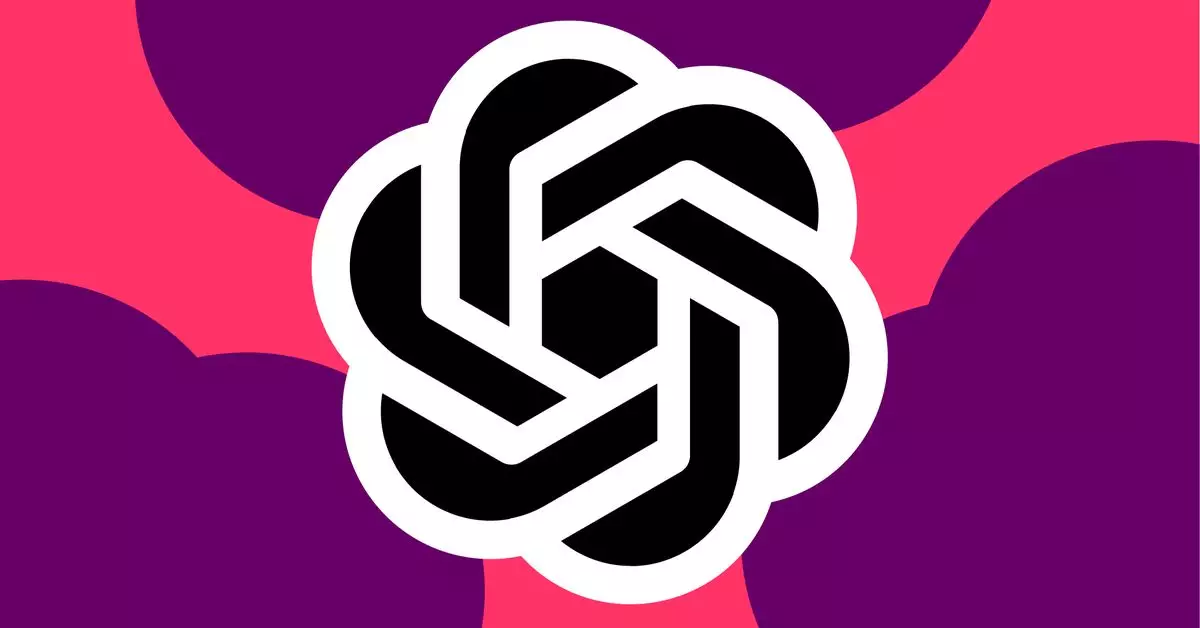In recent times, ChatGPT has significantly impacted how users interact with artificial intelligence. However, numerous recent reports indicate a troubling trend: the service has been subjected to notable outages that disrupt user experiences. This article aims to explore the causes of the latest outage, its timeline, and the implications for both users and OpenAI.
On a recent afternoon, users began reporting issues with ChatGPT, highlighting that while the chatbot loaded, it failed to provide responses. Many users encountered frustrating “internal server error” messages. The spike in dissatisfaction became evident around 1:30 PM ET, when Down Detector received an influx of alerts. By 2 PM ET, OpenAI acknowledged the issue by updating its status page, indicating that both ChatGPT and other associated services, such as the API and the newly launched text-to-video generator Sora, were grappling with high error rates.
As the issue gained traction, OpenAI promptly updated their user base at 2:18 PM ET, attributing the unavailable service to complications originating from an upstream provider. Subsequent communication from OpenAI at 3:06 PM ET noted that they were actively working to resolve these problems, though they provided no concrete timeline for service restoration.
The recent outage is not unprecedented; users have experienced service disruptions several times in the past months. A significant incident occurred shortly after the launch of Sora, the video generation tool tailored for ChatGPT subscribers. That particular episode also resulted in prolonged downtime, highlighting a troubling pattern of instability among OpenAI’s services. Additionally, a more widespread outage in June further affected various AI tools, indicating that the challenges OpenAI faces may extend beyond isolated incidents.
Consequences for OpenAI and Users
The continuous outages raise pressing concerns for both OpenAI’s operational integrity and its user satisfaction. For users who rely on ChatGPT for a variety of tasks—ranging from simple queries to complex interactions—these outages can lead to significant frustration and diminished trust in the platform’s reliability. With such a community of users depending on seamless experiences, any disruption can deter users from adopting or continuing to use the service.
For OpenAI, these repeated incidents underscore an urgent need to enhance system robustness and improve communication during outages. Clear, timely updates are essential to maintaining user trust during such unforeseen troubles. Moreover, as competition in the AI market grows, sustaining a reliable service will be crucial for OpenAI to retain its position as a leader in the industry.
While ChatGPT continues to be a pioneering tool in the realm of artificial intelligence, the recent outage serves as a reminder of the fragility inherent in even the most advanced technologies. For OpenAI, looking ahead entails not just resolving these issues as they arise but proactively fortifying systems against future disruptions. Only then can they uphold user trust and enhance their standing in the competitive landscape of AI-driven services.


Leave a Reply